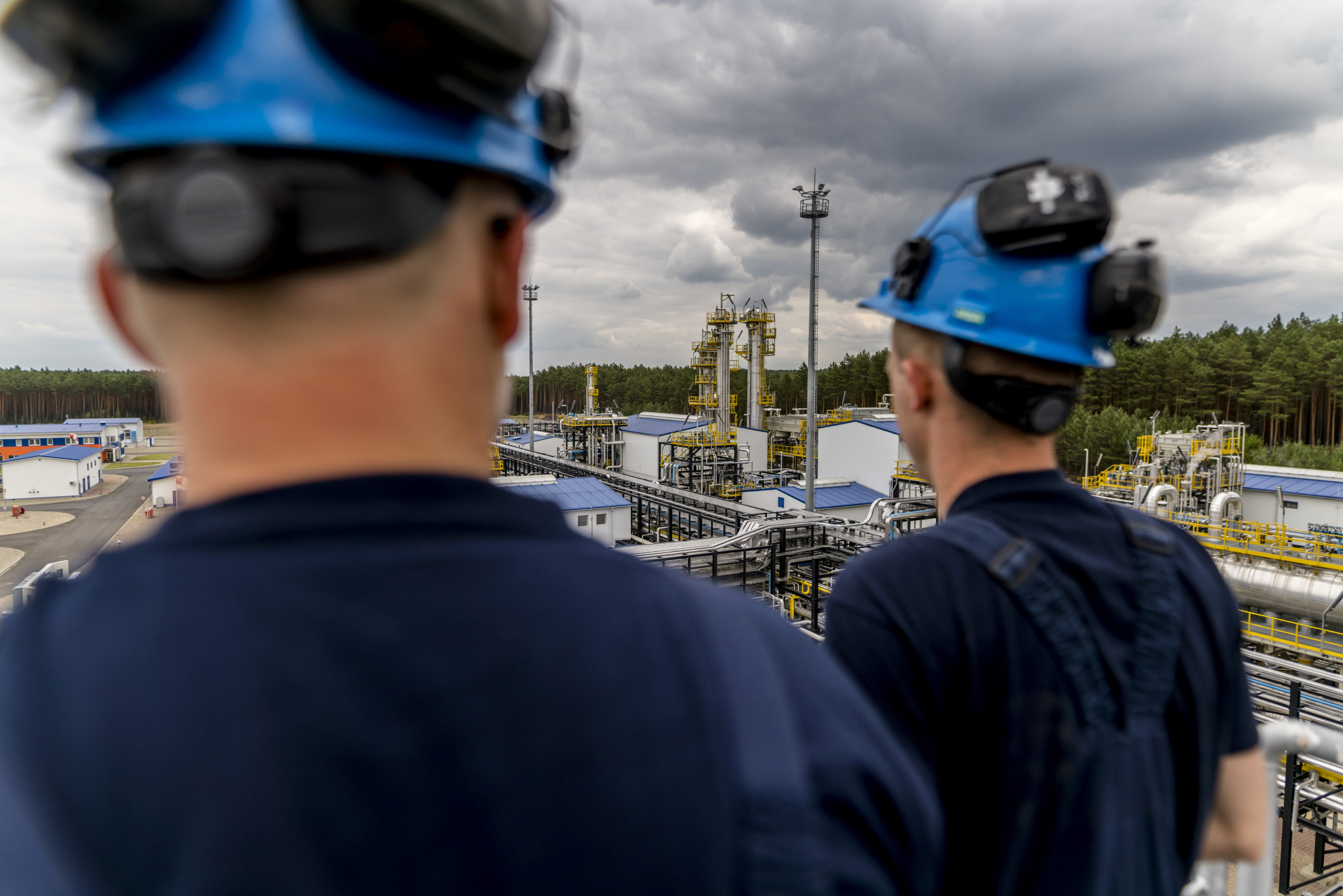24,531 employees – PGNiG Group’s headcount as at December 31st 2021
The PGNiG Group strives to build a culture of employee engagement and drive innovation. In the case of energy companies, the problem of generation gap is becoming increasingly widespread. Despite advancing automation, the efficiency of production assets remains hugely dependent on the availability of qualified technical personnel.
PGNiG takes measures to recruit highly qualified staff and manage the generational shift through projects such as:
- ‘GeoTalent’ – an educational and internship programme targeted at students interested in future career in the E&P industry. The programme is meant to enhance the students’ theoretical knowledge and develop hands-on skills in hydrocarbon exploration, appraisal, and production from conventional and unconventional sources;
- Energy for the Future – 2021 saw a new edition of the scholarship programme run by the Ministry of Energy, the PGNiG Group, PGE, PKN ORLEN and PSE. Its objective is to seek out the best university students and graduates to reinforce staffing in the industry;
- Mentoring Programme – an initiative that aims to facilitate the exchange of professional experience and expert knowledge between long-serving employees who are experts in their respective fields and team members having no expertise.


